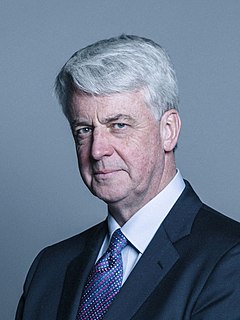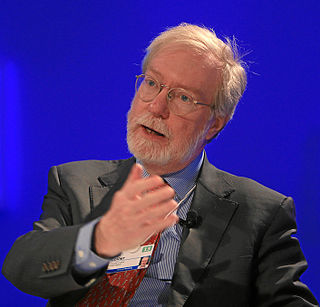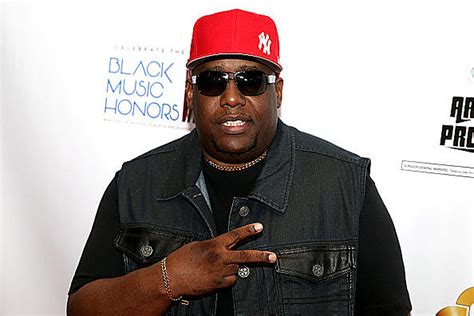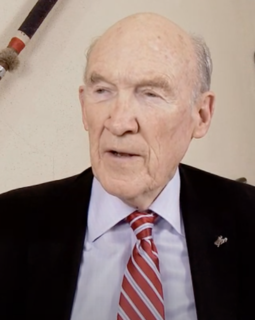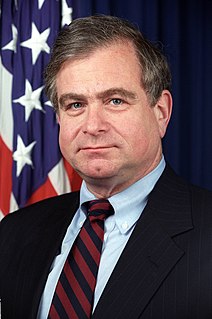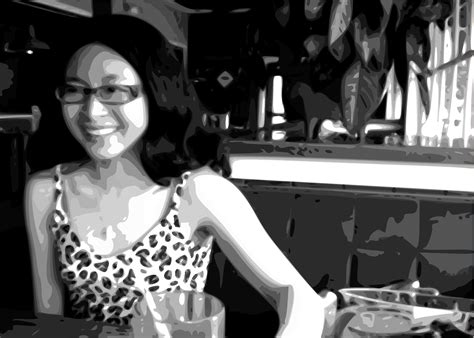A Quote by Andrew Lansley
Peer pressure and social norms are powerful influences
on behavior, and they are classic excuses.
Quote Topics
Related Quotes
I suppose it's not a social norm, and not a manly thing to do - to feel, discuss feelings. So that's what I'm giving the finger to. Social norms and stuff...what good are social norms, really? I think all they do is project a limited and harmful image of people. It thus impedes a broader social acceptance of what someone, or a group of people, might actually be like.
